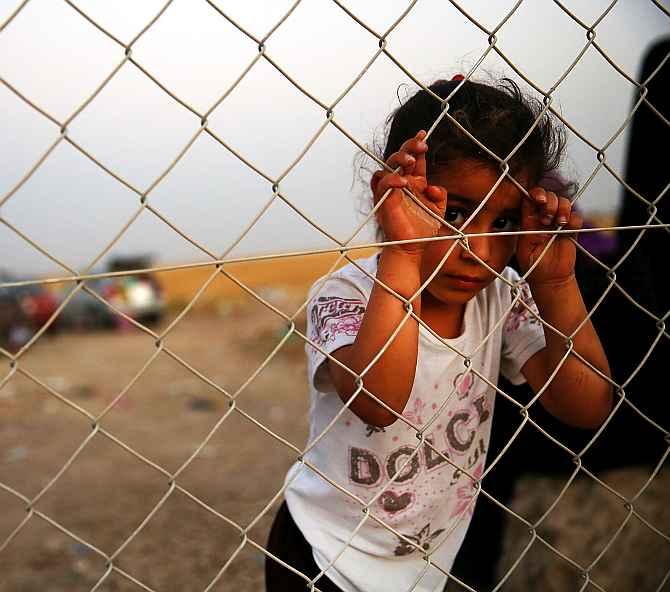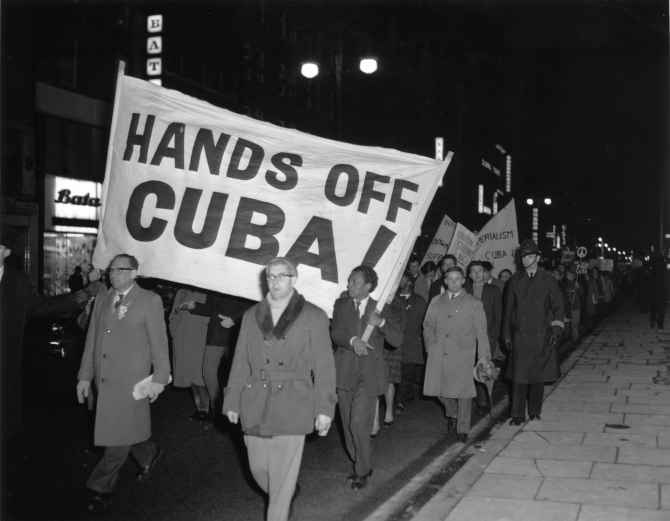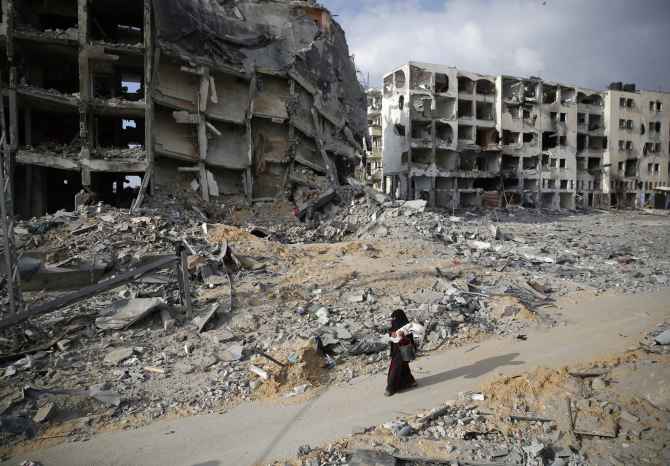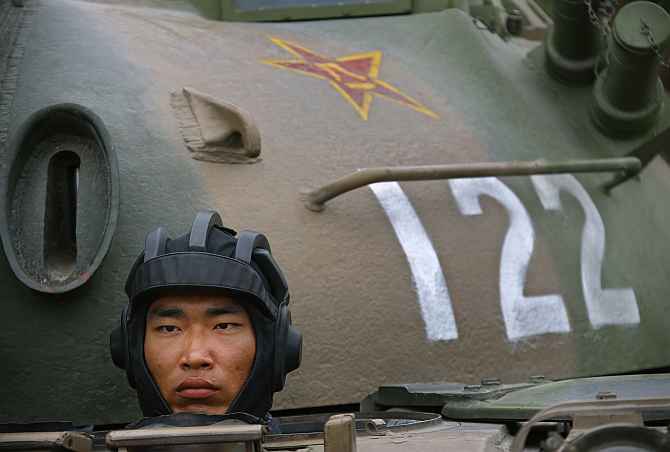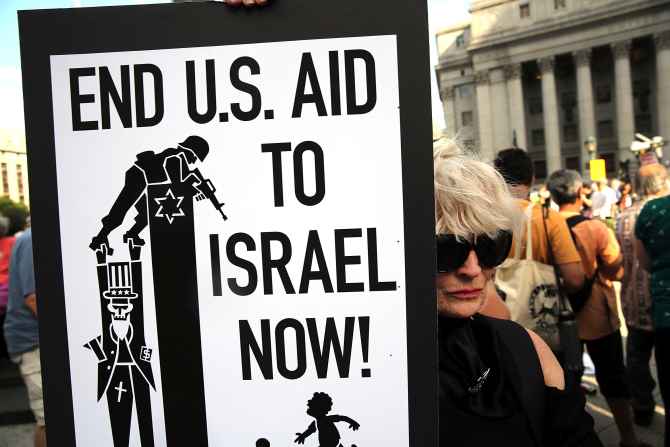 | « Back to article | Print this article |
'We're living in times deadlier than Cold War days'
The world today is a much more dangerous place when compared to the Cold War days considering the number of extremist incidents we get to witness every day.
 Dr Bonny Ibhawoh, associate professor, department of History at the Centre for Peace Studies at McMaster University in Hamilton, Ontario, says that wars tend to spread like wild fire.
Dr Bonny Ibhawoh, associate professor, department of History at the Centre for Peace Studies at McMaster University in Hamilton, Ontario, says that wars tend to spread like wild fire.
In this interview with Rediff.com’s Vicky Nanjappa, Dr Ibhawoh says while the United States is clearly not doing enough about the problem, the emergence of another superpower is also not the solution.
Are we living in a world today which is more dangerous than the Cold War days?
Yes, I think we are living in a more dangerous world today than the days at the very height of the Cold War in the 1960s and 70s.
Please click NEXT to read the rest of the interview…
'Where are the Bob Dylans and the John Lennons of our era?'
How different is the scenario today when compared to the days of the Cold War? You say that the threat of mutually assured destruction kept the Cold War superpowers (USA and the Soviet Union) under check.
In two ways. First, the threat of mutually assured destruction following the dropping of the atomic bomb during the World War II in Hiroshima and Nagasaki served as a deterrent for the Cold War superpowers. This was evident during the Cuban missile crisis in 1962 when both President Kennedy of the USA and Premier Khrushchev of the USSR pulled back at the last minute from a full blown war.
Today, the weapons of mass destructions are in the hands of terrorists, insurgents and unregulated militias who have less qualms about using these weapons.
Second, there are fewer global peace movements today than during the Cold War days. Where are the protest marches? Where are the protest songs? Where are the Bob Dylans and the John Lennons of our era? The voices of tolerance and moderation, it seems, have been completely drowned out by the voices of extremism and intolerance.
Please click NEXT to read further…
'Like wild fires, wars and conflicts inevitably spread to other areas'
There are conflicts in Israel, Iraq, and Russia-Ukraine, Afghanistan. Do these conflicts affect only those areas or do you see it affecting peace all across the world?
Like wild fires, wars and conflicts inevitably spread to other areas. The Islamist insurgencies we see in Nigeria today are direct fallout of the conflict in Libya. With the fall of (slain Libyan president) Muammar Gaddafi, Libyan weapons got into the hands of Islamist militias which have used them for wars throughout North Africa and West Africa.
Similarly, the conflicts in Gaza, Syria and Iraq will have broader repercussions for the Middle East region.
The Ukraine conflict threatens to expand beyond the borders into other neighbouring Eastern European states where Russia might want to regain influence.
Please click NEXT to read further…
'Rise of another superpower is not the solution'
Is it time for another superpower to emerge? Will that provide a solution to the various conflicts?
Many people expected that the end of the Cold War would usher in a unipolar or multipolar world of peace and relative stability. It has not. I do not think that the emergence of another superpower will provide a solution.
The solution lies in a commitment on the part of the State, rulers and citizens to resolve differences through dialogue rather than war.
Do you feel America is doing enough to stop conflicts or has being the only superpower added to its problems?
America is clearly not doing enough. Being the only superpower may be part of the problem but there is no guarantee that the emergence of another superpower (say China) will not plunge the world back into the dangerous days of the bi-polar Cold War era.
How important is grassroots political activism in such a scenario? How can such activism ensure peace?
Grassroots activism is crucial to ensuring global peace. Political leaders will be forced to listen if their citizens vigorously demand policies that promote peace rather than war. The presence of an active international peace movement at the height of the Cold War served as a moderating influence on the excesses of belligerent world leaders.
Please click NEXT to read further…
'We need a space where those who are committed to dialogue and peace can thrive'
Do you see an end to extremism and do you think extremists will be defeated and world peace will return?
Yes, extremism can be defeated but this requires a commitment to alternative peace building approaches that address the roots of the inequalities and injustices that are at the root of these conflicts. We need a space where those who are committed to dialogue and peace can thrive.
During the Cold War, the Non-Aligned Nations, in which India was an active participant, played this role. Today, we need international forums of like-minded statesmen and citizens which will complement the role of the United Nations in promoting peace around the world.
